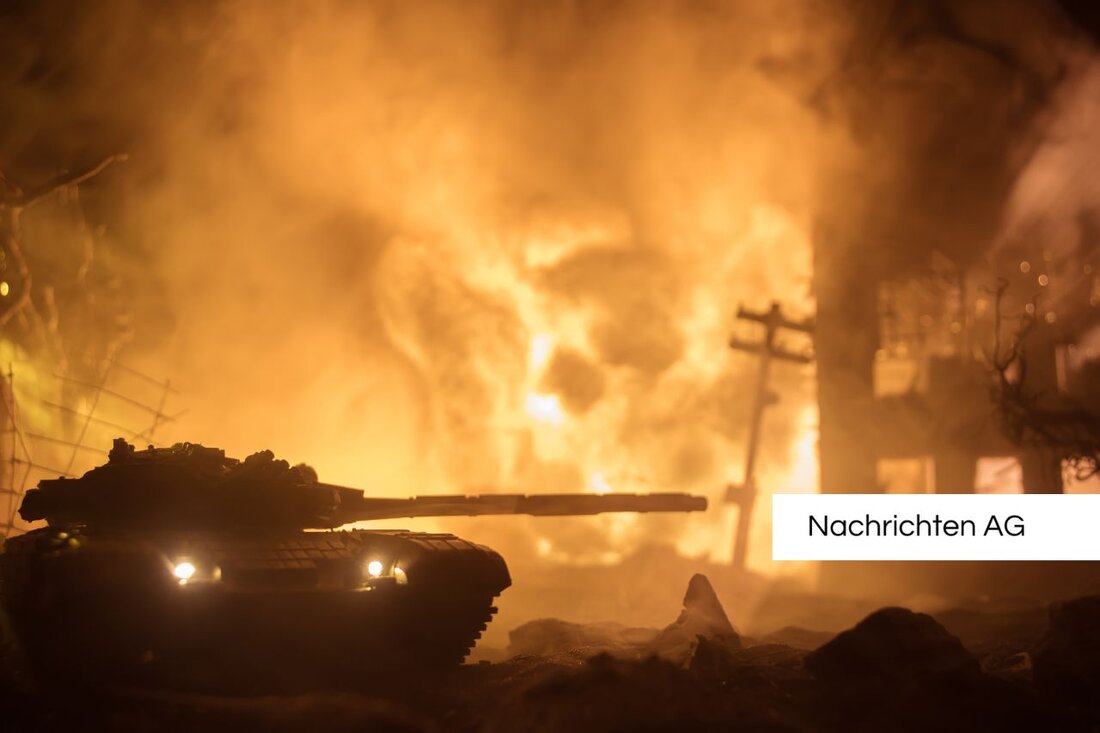Wave of refugees from Iran: escalate attacks on Tehran!
Wave of refugees from Iran: escalate attacks on Tehran!
Teheran, Iran - On June 18, 2025, thousands of people flee from Tehran and other large Iranian cities, while the attacks stop in Israel. At the Turkish border, the number of refugees accumulates that flee from the now dangerous conditions in Iran. Iranian media report on massive traffic jams and a standstill of public transport connections in the capital.
An Israeli military representative said that around 50 fighter jets have attacked around 20 destinations in Tehran. These attacks were directed against a production facility for centrifuges and several weapons factories. The Israeli military also confirmed that Iran once again fired missiles on Israel, which represents an escalation of the conflicts between the two nations.
alarm state in Israel
In Israel, the warning sirens cry in several areas, including in the Tel Aviv area. The population was instructed to go into shelter. A rocket part hit a vehicle in the center of Israel, but the driver was unharmed. The Israeli military continues to carry out attacks on Iranian goals; In the last 24 hours, a total of three waves of attack have been registered on around 40 positions in Tehran.
At least 78 people have been killed in Israel since the beginning of the recent attacks, including high -ranking military and nuclear scientists. Israel also reports on another drone attack from Iran, which led to activating air defense. According to Israel's Minister of Defense Israel Katz, Iran will pay a "very high price" for its aggression and should avoid civil goals.
The diplomatic situation
Despite the military escalations, there are efforts to do diplomatic solutions. In Geneva, European Foreign Minister and the Iranian Foreign Minister Abbas Araghchi have come together for negotiations on the Iranian nuclear program. This diplomatic advance was coordinated in coordination with the USA. US President Donald Trump expressed that the door for negotiations with Iran was still open.
At the same time, the Iranian Foreign Minister warns that Iran could hire his attacks if Israel did this too. However, experts fear that the conflict could expand regionally. Such a scenario could increase the pressure on Israel, which could ultimately also involve the USA. In addition, Iran could try to destabilize the global oil trade by blocking the street of Hormus - a crucial bottleneck through which 20% of the world consumed worldwide.
Outlook and Internaional reactions
The Israeli Prime Minister Benjamin Netanyahu should address the Iranian people directly and call up more freedom. The Iranian leadership has suffered serious losses, including the death of important military and nuclear science cadres. The conflict has only gained intensity, and there are currently no serious diplomatic initiatives to terminate the conflict in sight.
International reactions are mixed, and UN Secretary-General António Guterres calls for de-escalation and peaceful solutions. Nevertheless, the situation remains tense, and the war between Israel and Iran could develop into a long-lasting war of wear, similar to the Iran-Iraq war from 1980 to 1988.
The global community observes the developments with concern because the conflict threatens to become uncontrollable if there is no pressure on de -escalation. Krone reports that the severe military discussion and the ongoing attacks could have direct effects on the stability of the entire region in both Israel and Iran.
In summary, it turns out that both Israel and Iran are willing to continue the military conflicts and that the possibility of giving in or negotiation remains uncertain in the current situation. Tagesschau and supplement this complex location with Relevant information about the military and diplomatic strategies of both sides.| Details | |
|---|---|
| Ort | Teheran, Iran |
| Quellen | |


Kommentare (0)